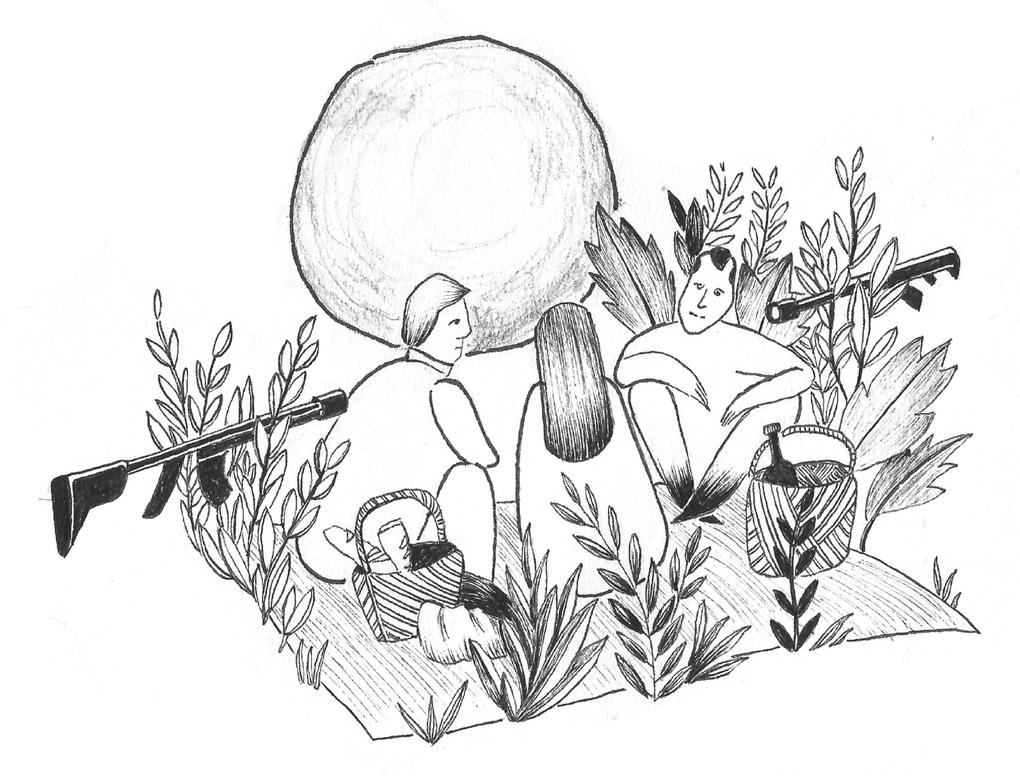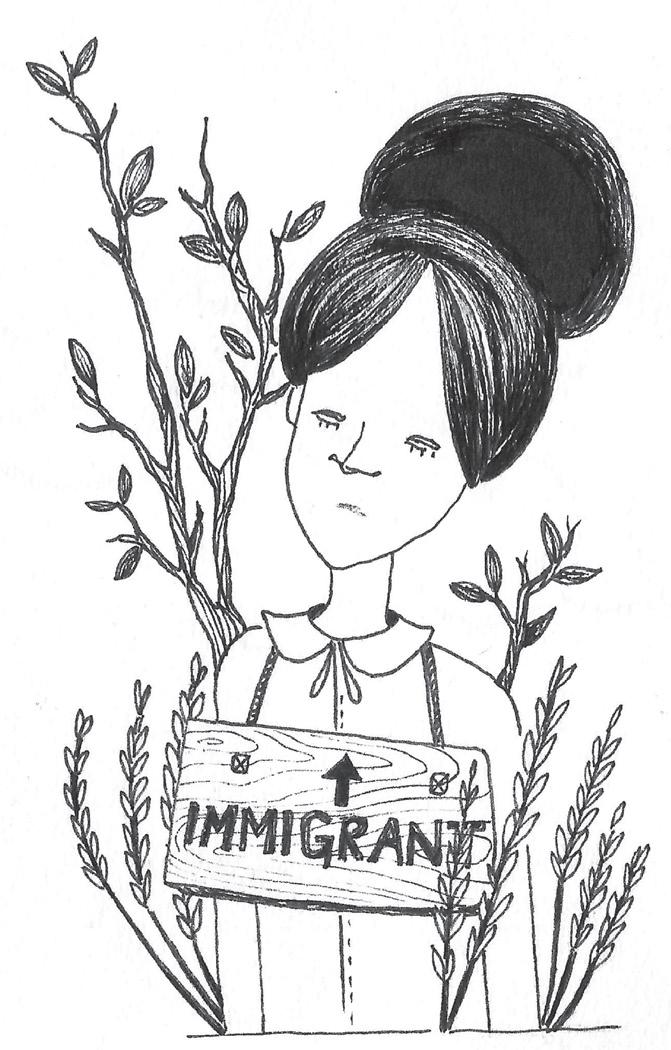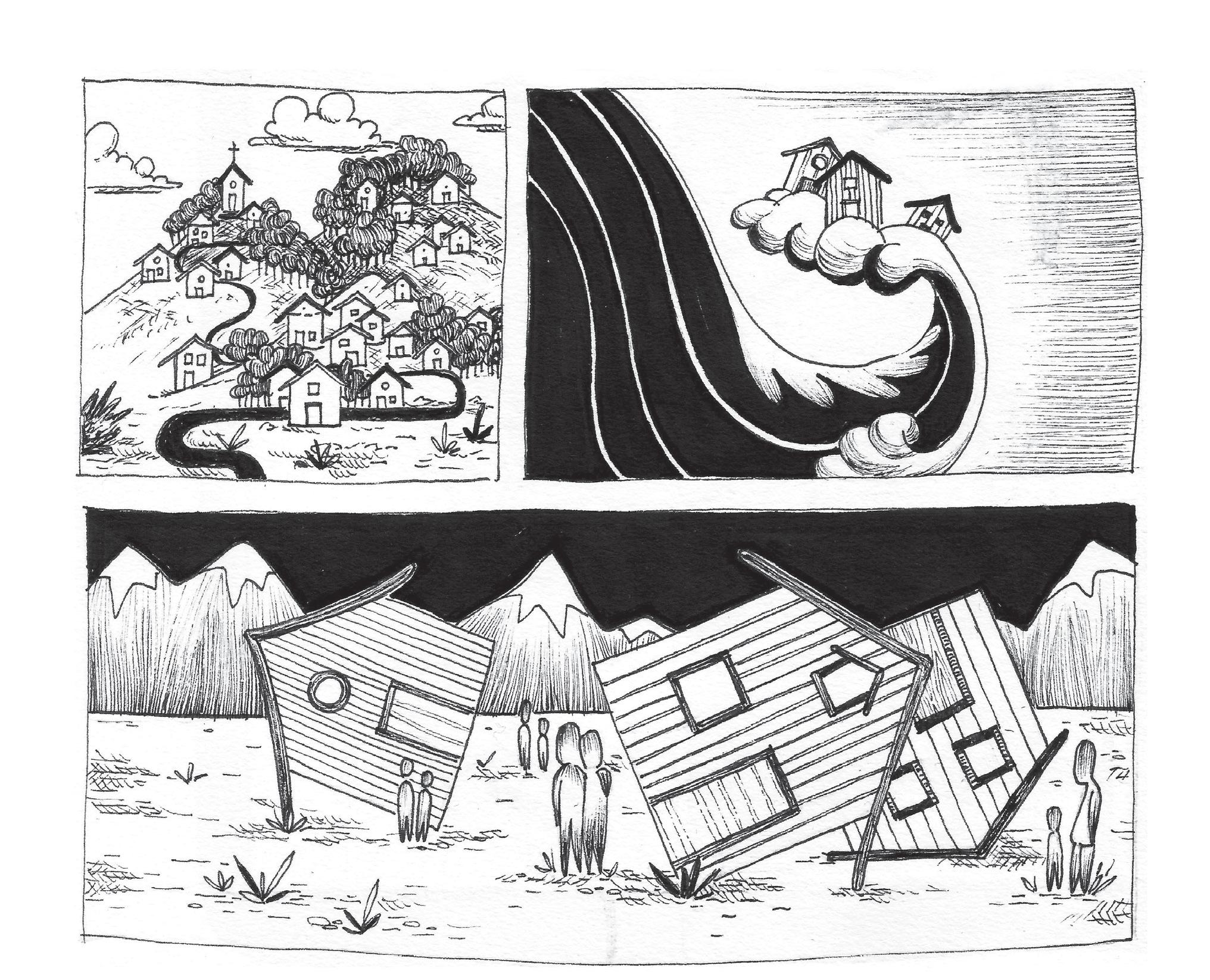
5 minute read
Martyrs and Refugees: Christian Persecution in Pakistan
Pakistan, a constitutionally Islamic country, came into existence in 1947, so that Muslims could practice their faith with freedom. Pakistan has the third largest Muslim population in the world, of almost 196.7 million. However, almost 3.9 million Pakistan Christians are living as an oppressed minority.
The implementation of Shari’a Law in many areas has increased problems for Christians who are at the very lowest level of the economic and social scale. Christians are being persecuted by Islamic extremists in all areas of life such as in faith, education, work and living in society. They are treated as second-class citizens. They are called by the derogatory name of “Chura” (Cleaner).
Advertisement
Breaking the blasphemy law, Section 295c of the penal code – blaspheming Mohammed – is punishable by death.
Misusing this law has paralyzed minority rights, religious freedom and social justice. As well as old practices for blaming, a new tool for false blasphemy accusation has been introduced: social media.
In Muslim majority villages, the situation for Christians is worse than in the cities. Poor uneducated Christian villagers work on the farms of Muslim landlords, or in the brick kilns. In the brick kilns, they are treated like slaves. They are paid about 4 euros for making 1000 bricks. So the whole family (including children) have to work hard for more than 12 hours a day to reach the minimum target, so they can earn enough bread for twice a day. They have to work under the open sky even in extreme weather conditions. The rainy season (July and August) brings disaster to these workers, because due to rain they cannot make bricks and they have to take loans from brick kiln owners. Every month, extra interest is also added to their debt. This way brick kiln workers are unable to return debt for their whole lives and this series of debt continues from generation to generation. These indentured workers have to obey the demands and orders of the brick kiln owners. As a way to forgive/clear the debt amount, Christians can accept Islam.
Christian girls who work as domestic workers, cleaning the houses of Muslim owners, also experiencing the same sufferings. When Christians refuse this offer, girls are sometimes raped and their families are physically tortured, or even killed. In most cases they falsely accused under the blasphemy law.
Although the constitution of Pakistan guarantees religious freedom and minority rights, Christian evangelists and preachers have still been facing persecution by fanatics. Hundreds have been tortured and killed. Christian colonies, institutes, and churches have been burnt.
In these sufferings, Pakistani Christians are strong in faith and with their testimonies they are fulfilling the Great Commission of Christ. This is a truth that all Pakistani Christians are unable to escape, but a few of them have migrated to developed countries for the purpose of safety. As they escape this traumatic discrimination, they should be considered as a high priority for integration in Europe.
A Pakistani girl, Mariam is one of those who feels safe, happy, and secure living in the Netherlands. However, there are also problems. Mariam says: “sometimes my neighbour, a local Dutch lady, is very rude with me. Most of the time she looks for an opportunity to puts me down and on minor issues she complains to the housing-authority and other neighbours. Each time the housing author- ity finds nothing against me and try to council that lady, but she does it again. Mariam, however, remains calm.
When there is a question of safety the migrants seems to be compromising, which looks like a solution in temporary basis but this is not beneficial for the long term. In the future such compromises can be challenge for patriotism and positive role of a citizen.
Another migrant, Rani, has not had a positive experience. She said, “In Pakistan I studied up to the 7th grade only. I can read and write our national language Urdu but I am unable to read and write English. Since I migrated to the Netherlands, following the rules and regulation for local integration I have to learn Dutch. This was impossible for me. For more than three years I attended language learning school, but I could not learn even the basics and I failed the exams. Because of my lack of ability for the local language I still feel that I am not a part of this society. I feel like an alien.
There should be another alternate solution that there should be native language teacher. So in a particular group the teaching mode of language should be translated from native language (Urdu) to local language (Dutch).
Whereas few migrants are very happy with the language learning opportunities offered by volunteers and available in local libraries (twice a week). Without the distinction of status (legal or illegal) they welcome all the individuals.

Vluchtelingenwerk Nederland is one of the active organizations, providing the platform for integration as they help to approach all the positive opportunities for migrants to be dependent in their lives such as language, volunteer work, job market and many more.
Esther van de Pol, a social worker with vwn Dronten is mostly working with Pakistani clients. She reflected on this issue, “Migrants are always grateful for anything they get, because they are safe in this country, which is the priority for anyone in life. Sometime it is not acceptable to locals that the migrants get benefits and houses. It seems unfair when a refugee is prioritized, while a regular candidate must have to wait for years to be eligibile for housing. The priority needs should be properly communicated by the municipality. In every city each municipality has different policies in terms of integration as well. So in most cases people compare the facilities they are provided with, which leads to fluctuation in adjustment.” such as Farsi. On Wednesday there are bible teachings and dinner for the refugees. The church members take care with some practical things such as clothing, temporary shelter (if needed) and language learning sessions as well. The church management is open for arranging volunteer positions (if requested) and counselling sessions for the development of career, education, personal and family life. This is really Integration in Action.
Jacob, the manager of vwn-Dronten, also feels that there are loop-areas for the integration policies of migrants. Recently he is involved with a project from local municipality for the improvement of integration strategies and action plans. Next week, he is inviting few local migrants as a “focus group” to share their experience and to give input, so this could be suggested to higher officials.
One anonymous Pakistani Christian migrant shared her positive experience. “I was having a complicated pregnancy. My baby’s life was at risk. For more than one month I was hospitalized (far from my house). Without my husband it was even more difficult to manage. I was feeling lonely and depressed. In this critical time Shekinah church members regularly visited me and prayed. By the grace of God I delivered a normal healthy baby. I am so grateful for another local church in Swifterbant as they took care of me and gifted me with some household things. These churches showed their love and a Christian approach to integration.
Out of many churches, and organizations, Shekinah Church is one that must be considered a role-Model for the integration of minorities, because Christ is love, and love must be shared. Shekinah church is near to an asylum centre in Dronten. This church is very activate for supporting migrants from Pakistan, Iran, Afghanistan and many other nations, and welcomes them with open arms, especially persecuted Christians.
How do they do this? A team is assigned for taking care of refugee migrants (Christians and converts). Once a week they arrange prayer meeting asylum seeker centre. Every one (from any nation or region) is welcome for prayer. On Sunday there is free travel arrangement.
From the centuries, the church had been considered and used as a main hub for religious and social activities. In this modern era, when migration is at a peak. This practice should be re-revolutionized using churches as a hub for the integration of minorities.







